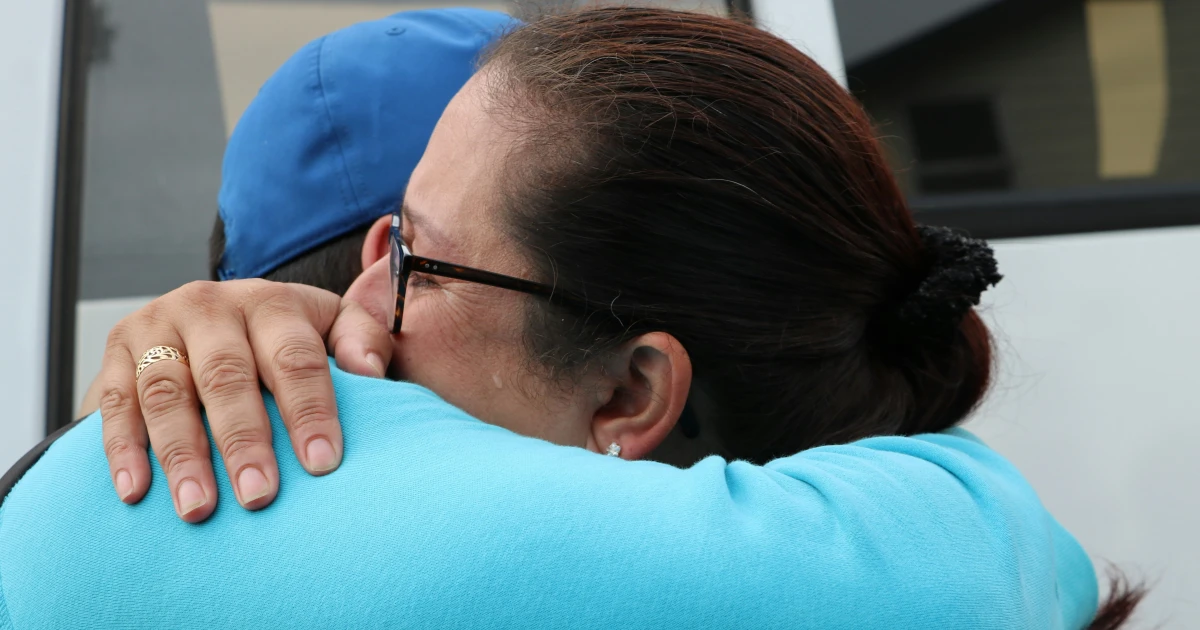The way that we talk about people from refugee backgrounds has changed. We know that not everyone who’s been a refugee chooses to identify as a refugee for many reasons. Some people arrived as refugees when they were children, so don’t have the same refugee experience as others, including their own family. We also know that asylum seekers and people who arrived under the quota system have very different experiences. Someone from a refugee background may identify as a New Zealander, rather than an identity from their country of birth.
At Red Cross, we use the terms ‘former refugee’ and ‘refugee background’. This is because once people arrive in New Zealand under the quota system they become permanent residents and are no longer refugees. Aotearoa is their permanent home.
We’re one of six organisations providing community settlement support to former refugees who’ve arrived under the annual government quota system. We help to settle people in:
Palmerston North
Levin
Masterton
Wellington
Nelson
Blenheim
Dunedin, and
Invercargill.
Other organisations who provide settlement services are:
Kāhui Tū Kaha in Auckland
HMS Trust in Hamilton
Purapura Whetu Trust in Christchurch
Presbyterian Support South Canterbury in Timaru, and
Safer Mid Canterbury Charitable Trust in Ashburton.
When former refugees arrive at their new community, we meet them to take them to their new home. With the help of our refugee support volunteers, we make sure homes are already set up so people can move in straight away.
For up to two years, our team of professional social workers, cross-cultural workers, settlement leads, and case workers help people settle in their new communities. We help more than 1,000 people get into job training and find work each year. We also have a small specialist team in Wellington who provide trauma counselling for former refugees living in the wider region.
Former refugees have a dedicated worker and a small team of trained volunteers to support them. For the first three to six months our volunteers help with things like grocery shopping, showing people around their new communities, and getting to medical appointments. Almost 700 volunteers help more than 800 people settle in Aotearoa each year.
In times of crisis and uncertainty, we choose to stand on the side of humanity, offering hope, relief, and solidarity to people in need. Neutral, independent, and impartial humanitarian action is crucial to ensuring help reaches people in need, regardless of where they are.
